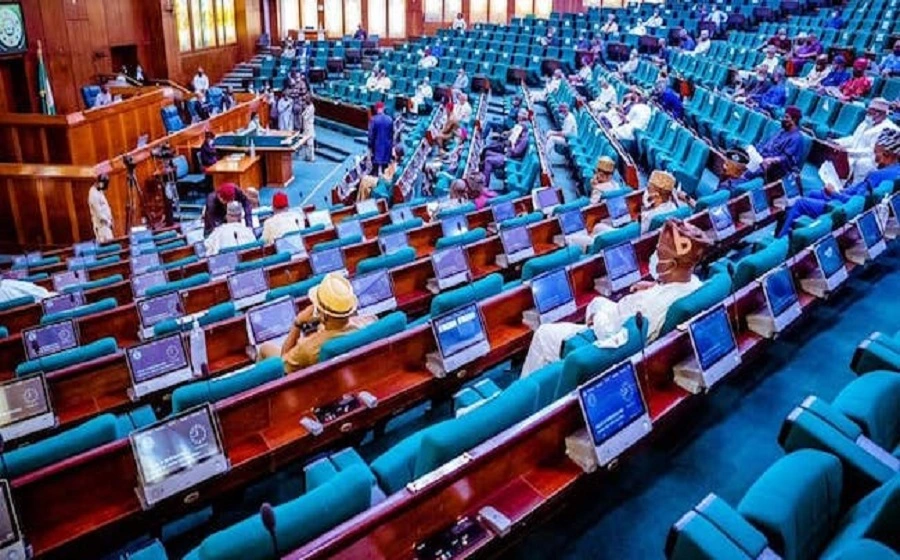Reps to probe age falsification in civil service
The House of Representatives has resolved to investigate allegations of age falsification within the civil service, a practice believed to be exacerbating unemployment in Nigeria. This followed a motion during Thursday’s plenary by Rep. Yusuf Ahmed Badau, who emphasised the urgency of addressing age falsification to create job opportunities for young graduates. Citing a National […]

House of Reps
The House of Representatives has resolved to investigate allegations of age falsification within the civil service, a practice believed to be exacerbating unemployment in Nigeria.
This followed a motion during Thursday’s plenary by Rep. Yusuf Ahmed Badau, who emphasised the urgency of addressing age falsification to create job opportunities for young graduates.
Citing a National Bureau of Statistics (NBS) report from late 2024, Badau highlighted a 5.3% rise in unemployment, positioning Nigeria as one of Africa’s most affected countries.
The House adopted the motion and mandated its committees on Public Service Matters, Special Duties, Federal Character, and National Planning and Economic Development to summon the Head of Service of the Federation.
- Reps reject bill to create 6-year single term for presidents, govs
- Firm unveils technology to modernise financial transactions
The committees will verify the ages of civil servants in Ministries, Departments, and Agencies (MDAs) and report findings within six weeks for further action.
Lawmakers investigate illegal harvesting, sale of human eggs
The House also resolved to investigate the unethical and illegal harvesting and commercialisation of human eggs in Nigeria, following a motion by Rep. Kwamoti Bitrus La’ori.
La’ori raised concerns over the growing demand for human eggs, driven by rising infertility rates and a poorly regulated reproductive health industry.
He highlighted cases where women, especially low-income earners and students, were enticed into donation schemes with promises of monetary rewards but without adequate medical guidance or awareness of potential health risks.
The lawmaker attributed the proliferation of such practices to Nigeria’s economic challenges and the lack of comprehensive legislation on reproductive health.
The House directed the Committee on Healthcare Services to investigate and recommend preventive measures within four weeks.
